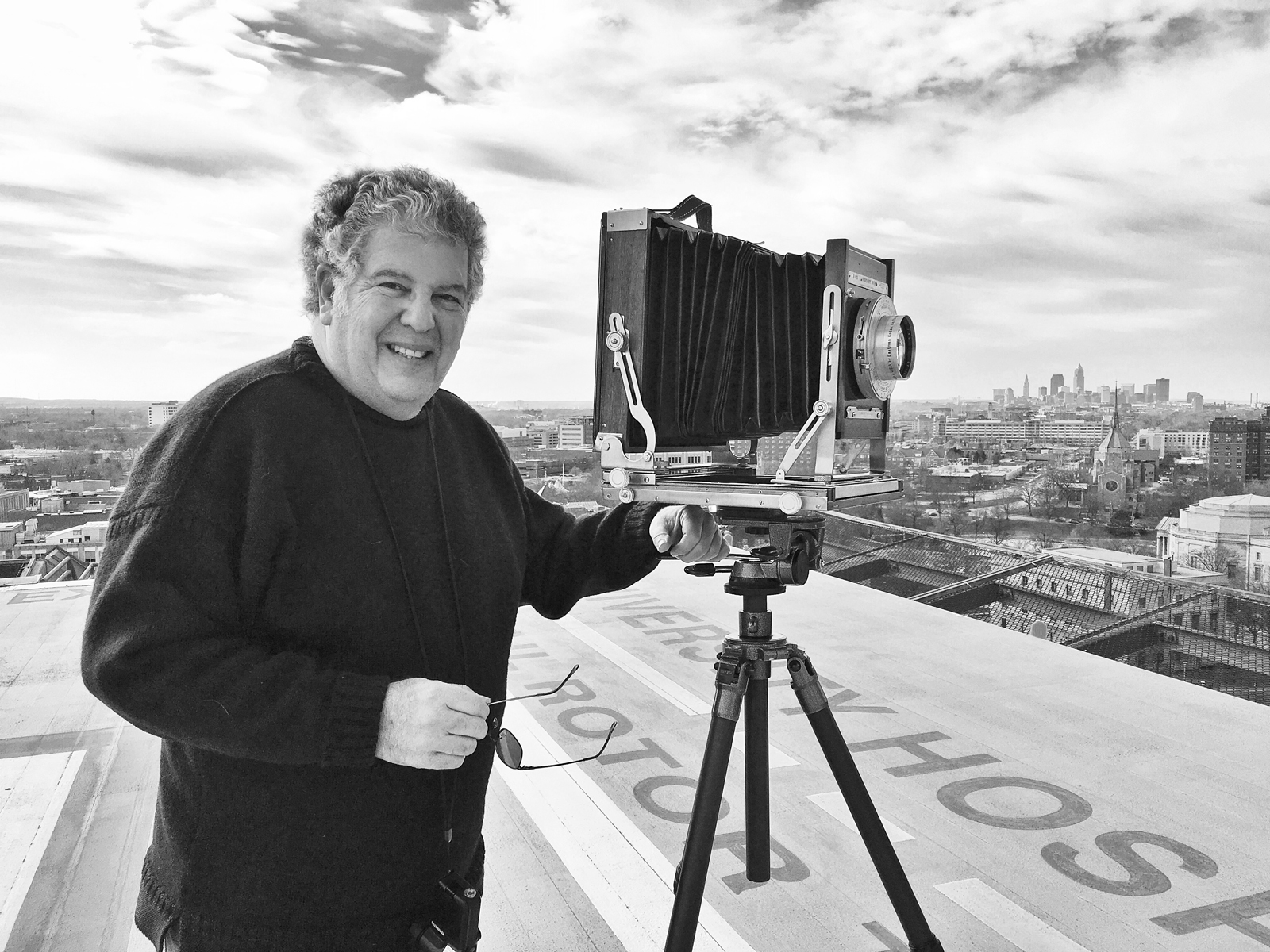Machismo and menudo blend well in none too fragile’s ‘The Late Henry Moss’
By Bob Abelman
Henry Moss was dead, to begin with. There is no doubt whatever about that.
But many of legendary playwright Sam Shepard’s dark and familiar literary staples are alive and well in “The Late Henry Moss,” including ferociously feuding loser brothers, their inability to escape the influence of a dysfunctional father, and a spartanly furnished place in a desolate location with a totemic kitchen appliance, in this case an empty refrigerator.
This loaded, later and lesser three-act play by Shepard, which carries just enough substantive weight for a solid one act, is presented in two by none too fragile.
Set in a one-room adobe abode on the outskirts of Bernalillo, New Mexico, estranged and emotionally stunted brothers Earl (Bryant Carroll) and Ray (Sean Derry) have reunited on the occasion of the passing of their abusive and alcoholic father, Henry (Robert Hawkes). There they argue about everything but, mostly, they fight over the facts that define their youth and the circumstances surrounding their father’s death.
While investigating how it is that his father lived and died, Ray learns from the hapless taxi driver (Brian Kenneth Armour) who last saw Henry alive that he had a nurturing neighbor named Esteban (Christopher Fortunato), who routinely brought the old man homemade menudo. A running gag about the menudo – a traditional Mexican soup made with tripe – serves as much needed comic relief in a memory play brimming with conflict, escalating agitation and spontaneous violence.
We also learn that Henry had a young shamanistic prostitute named Conchalla (Diana Frankhauser) as a companion, who brutally and relentlessly teased him and saw that he was a dead man well before his body did. We witness much of this ourselves, through flashbacks.
While all this is intriguing, just what Conchalla symbolizes is slightly out of reach. Why the taxi driver doesn’t bolt from the premises when things get excessively heated and the opportunity arises is confounding. And the show’s 11th-hour mysticism seems murky at best.
This production takes a few missteps as well. Although the Akron population offers a very limited pool of Hispanic and Native Americans to choose from, it is hard to overlook casting Esteban and Conchalla with white actors. This is particularly true given the broad strokes Shepard uses in the language he provides these characters, which sound even more artificial when coming from non-native speakers.
And though Esteban suggests that a man could die in Conchalla’s sensuous arms and “thank the saints,” and her fiery nature is noted repeatedly in the play, it is disingenuous when Frankhauser displays modesty in the scenes that require her to be unclothed.
Shepard’s plays demand authenticity on both fronts.
Director Derry also misses an opportunity to make more of the sultry rumba between Henry and Conchalla that opens the play. Nothing they do during the dance assists in subtly defining their characters, revealing anything about the paths they will soon be taking, or servicing the storytelling.
And yet, these things matter little largely because the characters’ deep-rooted agitation is realistically and exhilaratingly displayed by every actor. This production is executed with such compelling energy and passion that it is impossible to take your eyes off the stage for even a moment.
Carroll and Derry are masterful in their displays of misguided masculinity. The brothers struggle to express their feelings in ways other than outbursts of rage and inane arguments over who acquires their father’s cheap set of mechanic’s tools. The actors’ performances reveal the character’s unavoidable and unfortunate heritage which is, at times, heartbreaking. And Hawkes’ gravel-throated Henry, in life and close to death, is absolutely riveting.
Frankhauser, Armour and Fortunato are wonderful counterpoints to all this, finding and maintaining the true north of their respective southwestern characters.
All this activity takes place on a set that effectively creates a necessarily oppressive environment, with lighting designed by Marcus Dana that dramatically differentiates flashback from real time.
“The Late Henry Moss” is a comparatively minor work by Shepard, for sure. But it is given a significant staging at none too fragile.
“The Late Henry Moss”
WHERE: none too fragile, 1835 Merriman Road, Akron
WHEN: Through March 31
TICKETS & INFO: $25, call 330-962-5547 or visit nonetoofragile.com
Bob Abelman covers professional theater and cultural arts for the Cleveland Jewish News. Follow Bob at Facebook.com/BobAbelman3. 2017 AP Ohio Media Editors best columnist.
Originally published in the Cleveland Jewish News on March 17, 2018.
Lead image: Sean Derry. Courtesy of none too fragile










